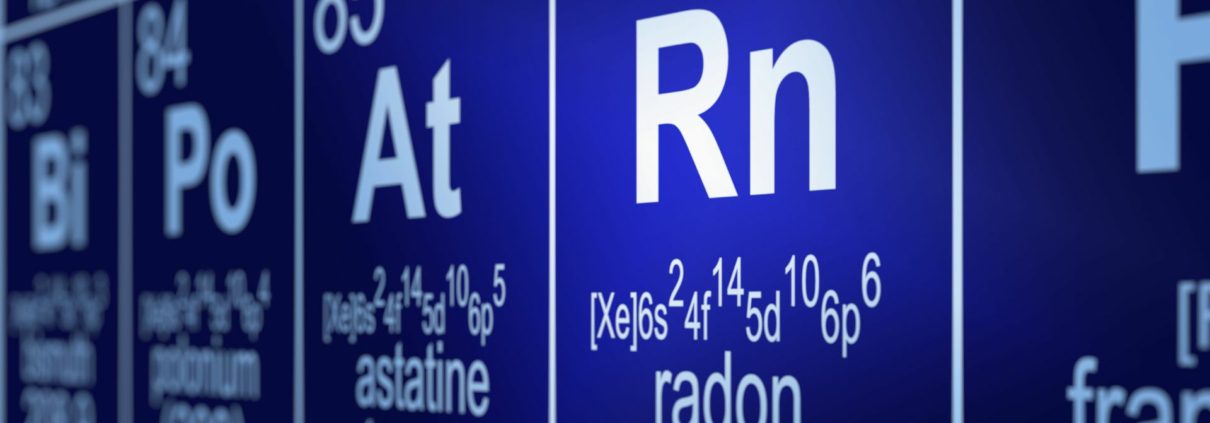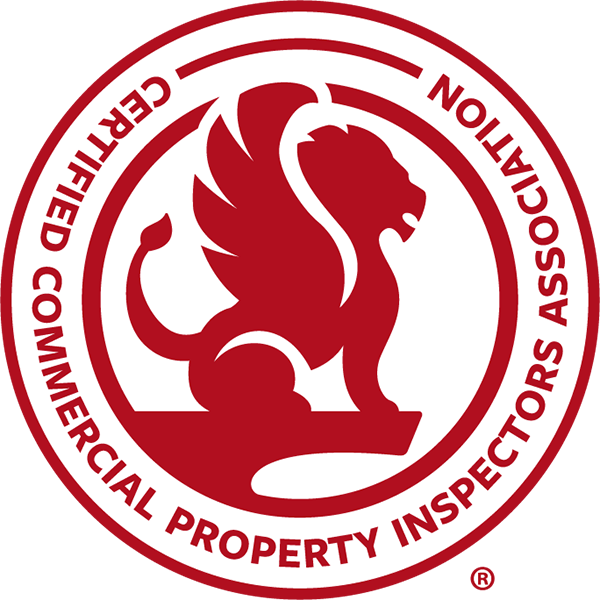Radon Testing and Mitigation
Radon is a naturally occurring radioactive gas that comes from the decay of uranium in the soil. It is a colorless, odorless, and tasteless gas that can seep into homes and buildings through cracks and other openings in the foundation. Radon exposure is the second leading cause of lung cancer in the United States, after smoking, and it is estimated to cause about 21,000 lung cancer deaths each year. Therefore, it is important to test for radon and mitigate elevated levels to reduce the risk of lung cancer.
Radon Testing The first step in protecting yourself and your family from radon is to test your home. The United States Environmental Protection Agency (EPA) recommends that all homes be tested for radon, regardless of the location or age of the home. Testing is easy and inexpensive, and there are several methods to choose from, including short-term tests (2-7 days) and long-term tests (more than 90 days). Short-term tests are a good way to get a quick snapshot of the radon levels in your home, while long-term tests are more accurate and can provide a better estimate of the average annual radon level. You can purchase radon test kits from hardware stores, online retailers, or from a qualified radon measurement professional. The EPA also maintains a list of state and tribal radon contacts that can provide information on qualified radon measurement professionals in your area.
Radon Mitigation If your home has high levels of radon, there are several ways to reduce those levels. The most common method of radon mitigation is called active soil depressurization (ASD). This involves installing a vent pipe system and a fan to draw radon from beneath the foundation and exhaust it outside the home. Other mitigation methods include sealing cracks and other openings in the foundation and walls, installing a heat recovery ventilation (HRV) system, and pressurizing the building with fresh air. It is important to hire a qualified radon mitigation professional to design and install a mitigation system that is tailored to your home’s specific needs.
Radon is a serious health hazard that can be easily overlooked. Testing your home for radon and mitigating elevated levels can help reduce the risk of lung cancer. If you are concerned about radon in your home, contact a qualified radon measurement professional and consider taking action to protect yourself and your family






















